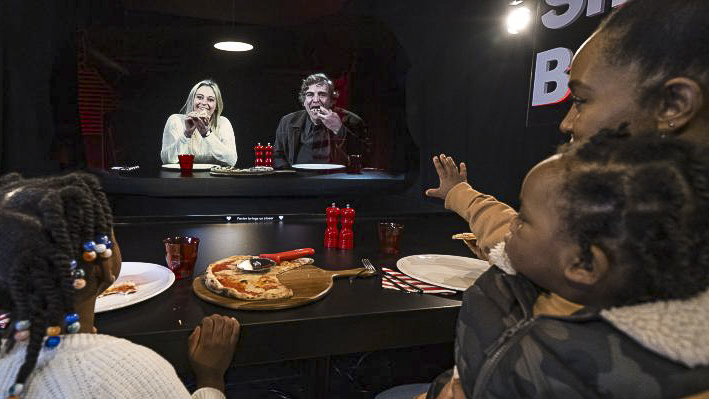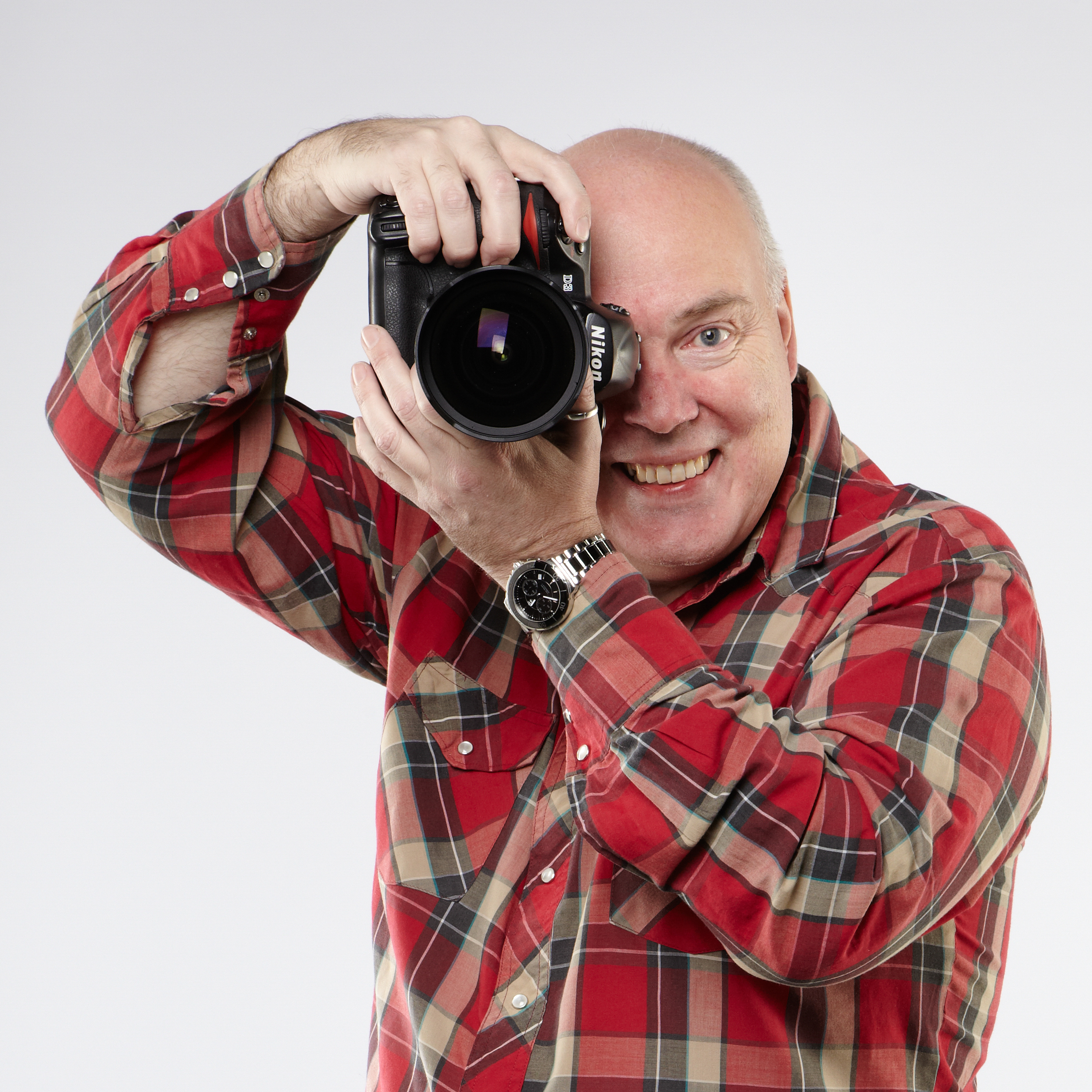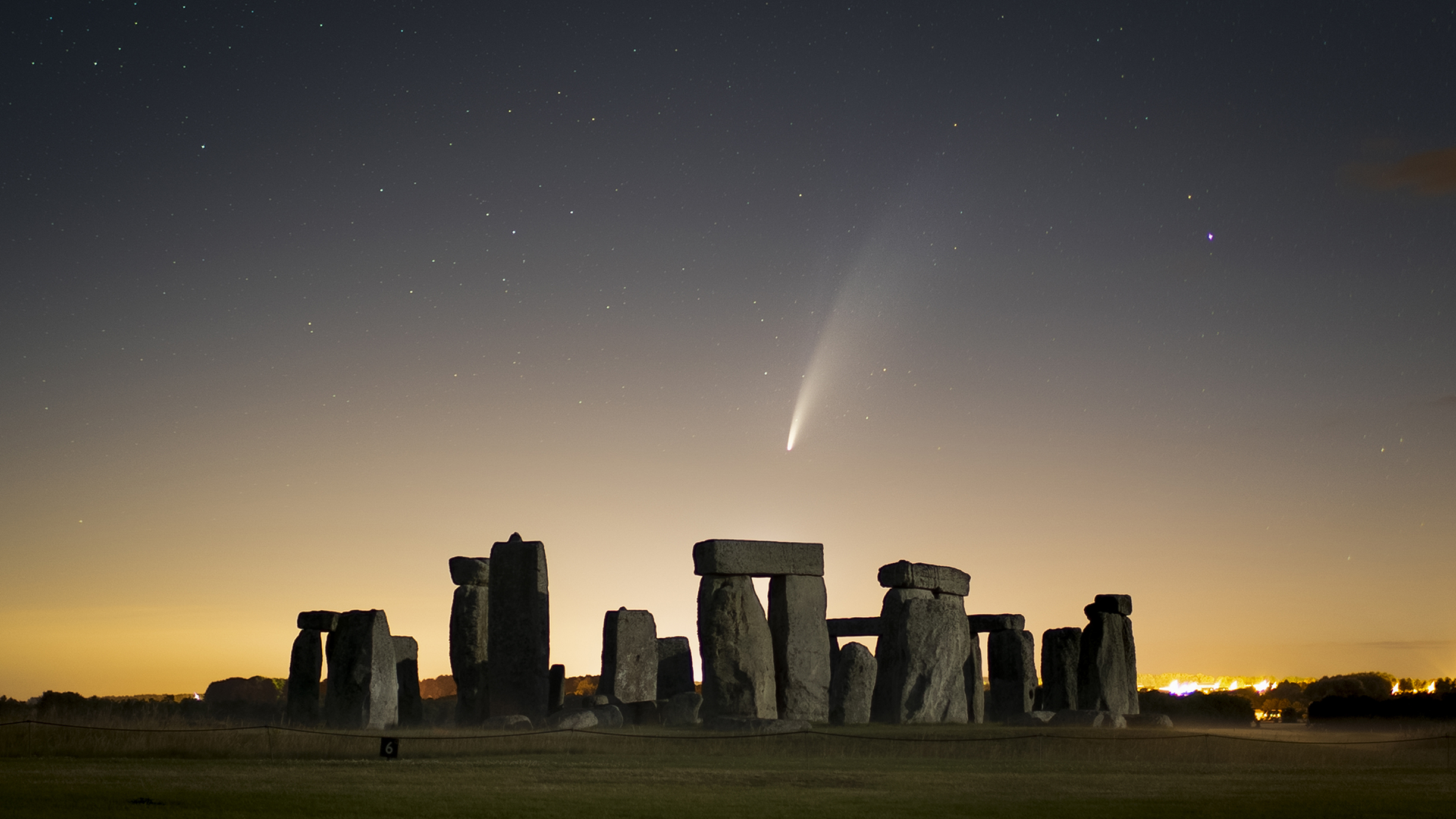Are holograms the future for Facetime and Zoom video conferencing?
Virgin Media trials holograms as a way of having a virtual meal with friends 400 miles away

After a year of communicating via video calls, which saw Zoom and Facetime soar in popularity, tech experts are now predicting that holograms will be the next form of virtual communication within the next decade.
A UK study of 2,000 people found half are bored of video calls, while 63 per cent feel they don’t give the level of interaction or closeness they want. But 44 per cent believe the pandemic has permanently changed the way we interact with technology, and that it will have a remarkable impact on our lifestyles in years to come.
Three in 10 of those polled via broadband provider Virgin Media, even said they would like to keep in touch via a hologram, as having the image of their loved one beamed into their home would make people feel closer and more connected.
In fact, futurologist James Bellini predicts that by 2030, we could all be using holograms to stay connected to our nearest and dearest.
And 23 per cent believe hologram technology will be the norm in homes across the country.
James Bellini, who worked with Virgin Media on the report, said: “Advancements in technology and lightning-speed broadband mean that pioneering forms of connectivity, such as holograms, are now viable options for when we want to feel closer to those we’re not physically able to be with.
"With technology moving as quickly as it is now, it wouldn’t be strange for holograms to be commonplace in UK households by the turn of the decade.
Get the Digital Camera World Newsletter
The best camera deals, reviews, product advice, and unmissable photography news, direct to your inbox!
"Holograms can enhance our lives by removing barriers to human connection, be that screens or distance.
"A more frequent use of the tech could revolutionize the workplace, our social lives and events, travel and leisure or dining experiences.
"Having a 3D life-size, real-time connection with someone via hologram opens up a world of possibility and acts as a great starting point for those looking to re-adjust to normal life as restrictions ease, while relieving the longing of wanting to ‘be’ with another person.
"Although, accessible hologram technology is fairly new, the research from Virgin Media shows the appetite is there, meaning we’ll need the broadband speeds to keep up.”
Hologram technology will enable people to start jobs that never require meeting colleagues in real life, says the research. And one in four believe they will use holograms to avoid missing out on live events such as gigs and festivals.
The research marks the launch of Virgin Media’s ‘Two Hearts Pizzeria’ which will be connecting diners located at opposite ends of the UK with a real-time holographic dining experience, powered by the provider’s gigabit network. The experiment meant people in central London could have a meal with holographic images of people 400 miles away in Edinburgh,
The pioneering technology, which involves the projection of life-size 4K holograms, means loved ones separated by the pandemic will be able to see, hear and interact with each other in real-time, as though they were sat together at the same table, without having to stare at a screen.
Read more
The best webcam
Best conference room webcams
The best camera for streaming
Best projection screens
24fps video comes to the Canon EOS RP
Chris George has worked on Digital Camera World since its launch in 2017. He has been writing about photography, mobile phones, video making and technology for over 30 years – and has edited numerous magazines including PhotoPlus, N-Photo, Digital Camera, Video Camera, and Professional Photography.
His first serious camera was the iconic Olympus OM10, with which he won the title of Young Photographer of the Year - long before the advent of autofocus and memory cards. Today he uses a Nikon D800, a Fujifilm X-T1, a Sony A7, and his iPhone 15 Pro Max.
He has written about technology for countless publications and websites including The Sunday Times Magazine, The Daily Telegraph, Dorling Kindersley, What Cellphone, T3 and Techradar.

